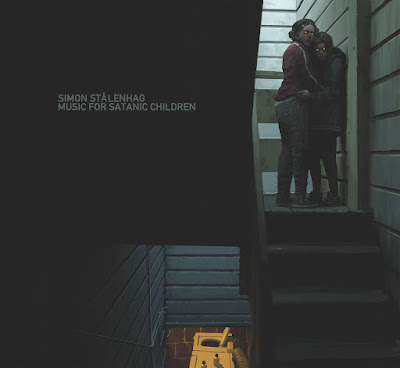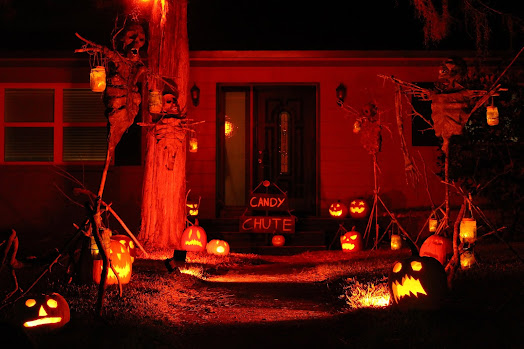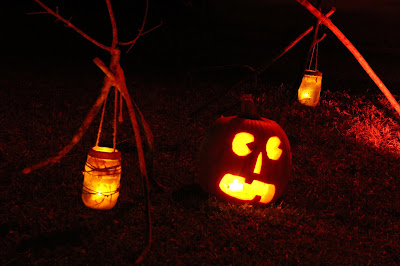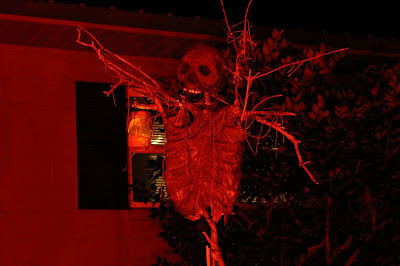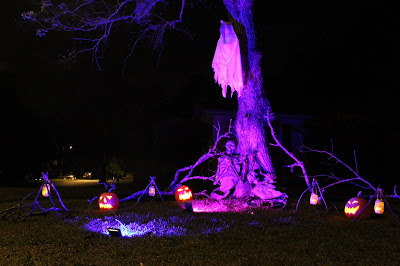The term "bee" (commonly used in literature describing colonial North America) refers to a communal work event. The idea was to take dull, arduous labor and turn it into a friendly contest with food and drink.
"In 19th-century Harford County, a common occurrence for this time of year was a husking bee. The corn cutting, shocking and husking was a backbreaking task for farmers, taking six or more weeks each fall. One way farmers lightened the workload was to invite their neighbors to a husking bee. The men gathered in the barn, while the women prepared a fall feast. The men would have contests to see who could husk a basket of corn first. The younger men, if they were lucky to find a red ear of corn, could kiss a girl before dinner. Among friends, gossip and cider, everyone had an enjoyable evening."[1]
 |
| "A Husking Bee" |
"Sleigh rides, picnics, tea parties, quiltings, corn huskings, and spinning-bees made a round of fun the year through. Thanksgiving Day, partly a social and partly a religious holiday, marked the great holiday season in New England..."[2]









